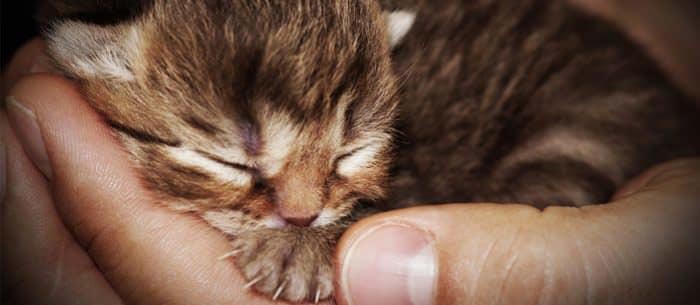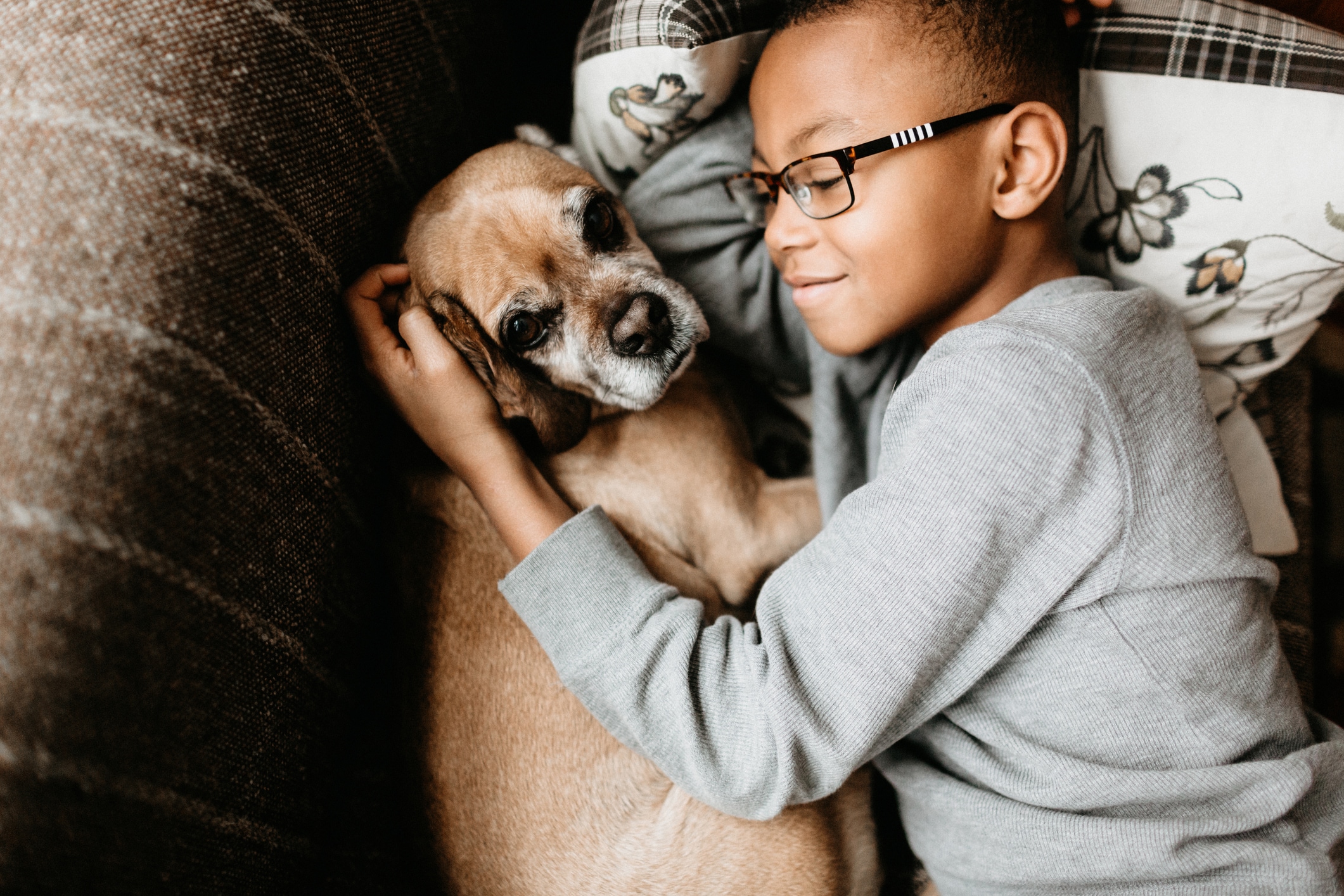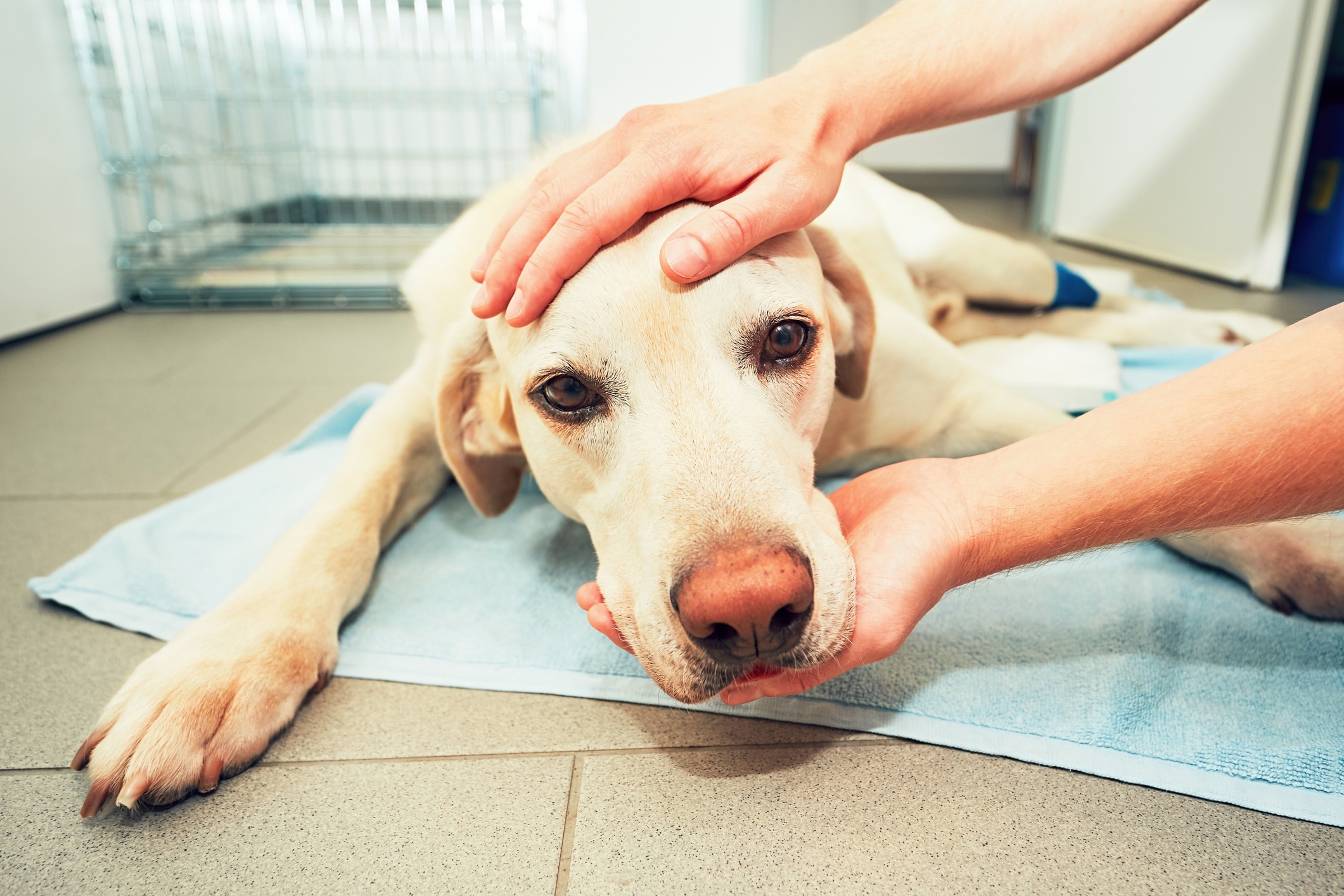Kittens grow, develop and mature at an eye-popping (and, occasionally, ear-splitting) rate. At times, the changes can be seen from day to day, not just from week to week.
Newborn kittens look about as much like full-grown cats as tadpoles look like frogs. Newborn kittens are hairless, pink, temporarily blind and totally dependent on their mothers. Kittens should remain with their mothers for at least five weeks, as this is a vital teaching period for mom and learning period for baby cats. You don’t want to put a kitten in the position of having to improvise what it means to be a cat. It won’t go well for the kitten and it won’t go well for any humans in the vicinity. There are professionals who believe that behavior not learned from mother kitten and kitty siblings in the first eight weeks may never be acquired any other way.
Eyelids are open by two weeks. Smell develops by three. Hearing, teeth and the ability to walk develop by four. In week five, play begins. Kittens start stalking prey. Their definition of prey is different from yours, of course. Be prepared to watch as bathrobe sashes, curtain cords, their own tails and your human feet are destroyed by kittens. Kittens begin grooming each other when they are not “killing” each other. The differences between grooming and “killing,” at least at this stage of a kitten’s development, are fewer than you might assume. At four and six weeks, litter training should be mastered by the kitten, and more complex food (specially formulated or softened solids) should be introduced.
Kittens should be fully weaned at six to eight weeks of age. Kittens begin to explore more of their universe, a universe that has up to this point hardly been larger than the circumference of a kitten’s reclining mother. In fact, a kitten’s universe could conceivably be as large as the kitten wants to make it. Humans may want to set universe limits. Play continues and expands. At 8 weeks, a kitten is almost ready to be sent to a new home, if that is part of his destiny.
More play and more physical and social development. Kittens begin figuring out who the bosses are in the household, whether they themselves are one of the bosses and — if not — where they fit into the hierarchy. Play may get rough at times. Kittens cannot be trained to the extent that puppies can, but spaying and neutering should curb aggression (not to mention other undesirable behaviors).
At six months, a kitten should look like a cat. Bonds between humans and cats really develop and cement during this period.
- Newborn to two weeks — dependence
- Two to seven weeks — awakening
- Seven to 12 weeks — exploration
- 12 to 24 weeks — independence
- 24 to 72 weeks — coexistence
The job of raising a healthy and well-adjusted kitten can be seen as a partnership between a human (or humans) and a mommy cat. Everybody has jobs to do that really can’t be done by either party alone.
Helpful cat care links:
- Bringing Your New Cat Home
- Choosing and Caring for Your New Cat
- Guide to Caring for Your Adopted Cat or Kitten
- Find Kitten Care
- Find Cat Care
Steve Penhollow writes about pets and family issues for Care.com. He also writes about arts and entertainment for other publications.





